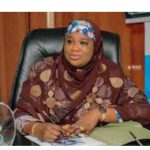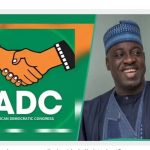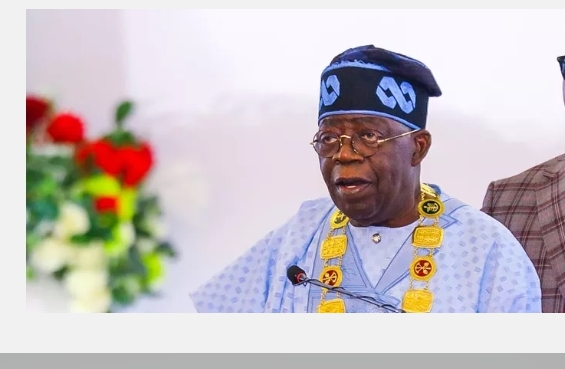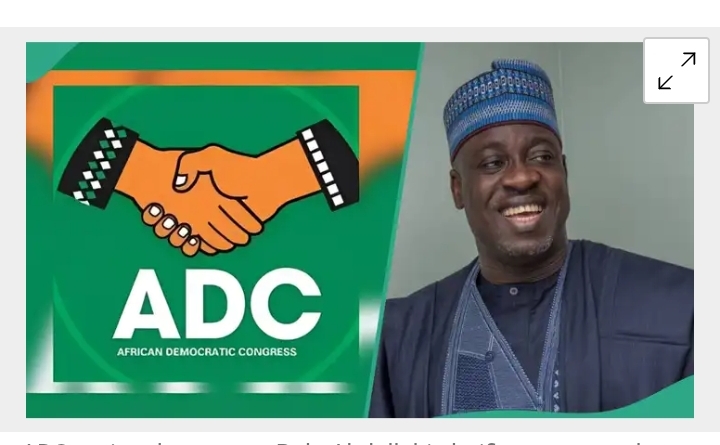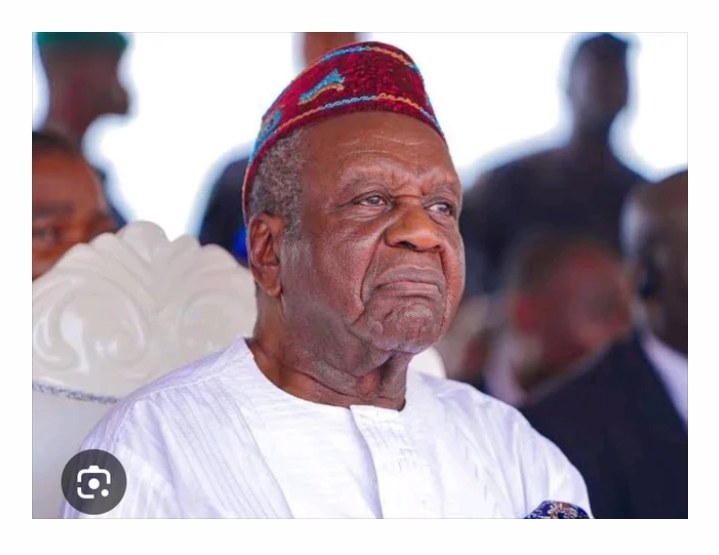Our country, Nigeria is in its economic journey under President Bola Ahmed Tinubu. The mounting debt profile of his administration, built on an already precarious fiscal foundation left by his predecessors, raises urgent questions about sustainability, intergenerational equity, and the future of national development. While borrowing can be a legitimate tool for economic growth, the scale, speed, and opacity of Nigeria’s current debt accumulation risk shackling future generations with obligations they did not choose, for benefits they may never see.
In 2015, when late President Buhari assumed office, Nigeria’s total public debt stood at N12.12 trillion. By the time he left in May 2023, that figure had soared to N77 trillion, a staggering 535 per cent increase. Even more troubling is the structure of this debt: much of it was directed toward recurrent spending rather than productive investments. Nigeria’s external debt ballooned from $10.31 billion to $43.16 billion, with significant portions allocated to budget support and debt servicing rather than capital formation.
Then, enter President Tinubu, whose early tenure has not deviated from this debt-heavy trajectory. In just his first year, Nigeria’s public debt surpassed N100 trillion, representing an increase of over N24 trillion—nearly one-third of Buhari’s total debt over eight years. Major facilities include a $1.5 billion loan from the World Bank and a $1 billion Eurobond and many more, ostensibly for infrastructure and budgetary support. If this trajectory continues unchecked, the national debt could breach N150 trillion by 2027.
Such rapid accumulation raises fundamental questions: What exactly are we borrowing for? Who is monitoring the outcomes? And, most importantly, who will pay the price?
The implications are not abstract. Nigeria’s population is overwhelmingly young, over 70 per cent are under the age of 30. Every billion Naira borrowed today becomes a liability for these young Nigerians, many of whom already face bleak employment prospects, inadequate public services, and fragile social infrastructure.
The debt repayment does not occur in a vacuum. It manifests in higher taxes, reduced fiscal space, cuts to social services, and inflationary pressures. For a country where public sector salaries, fuel subsidies, and debt servicing already swallow the bulk of government revenue, the margin for meaningful investment in education, healthcare, and innovation is rapidly eroding. In 2023, a shocking 96 per cent of Nigeria’s federal revenue went to servicing debt. This is not just unsustainable, it is reckless.
Compounding the debt dilemma is the issue of regional imbalance in the distribution of debt-financed projects. Nigeria’s federal character demands an equitable spread of development to promote national cohesion. Yet, evidence suggests a disproportionate concentration of federally-funded infrastructure in select areas, particularly Lagos and a few other urban centres.
Lagos has seen significant investments in rail lines, port expansions, and road infrastructure. While these may be economically justifiable, there are needs for comparable investments in other regions, particularly the Niger Delta and the insurgency-hit North East, areas that contribute substantially to national revenue or are in dire need of rebuilding. Such spatial inequality in the deployment of public investment not only undermines national unity but also defeats the purpose of borrowing in the name of “national development.” Any borrowing done in the name of Nigeria should reflect federal character in infrastructural development. It is not right for populations that have not benefited from borrowed funds to be made to pay for them, whether through taxation or otherwise. I am of the opinion that, any loan or borrowed funds by either states or central governments should be reasonably repayable within our lifetime, so as to avoid indebting the next generation of Nigerians
A democracy is only as accountable as its institutions are empowered. In Nigeria, however, debt procurement is increasingly shrouded in opacity. Loan terms especially with respect to interest rates, collateral agreements, and repayment timelines are often not disclosed to the public. This raises fears of “hidden debts” with punitive consequences, as seen in other African countries that fell into the trap of opaque bilateral loans, particularly from China.
The National Assembly, constitutionally mandated to scrutinise loan requests, often rubber-stamps executive proposals with little or no rigorous debate. This democratic deficit erodes public trust and opens the door to mismanagement or abuse. The Debt Management Office (DMO), though competent, lacks the enforcement teeth to halt unwise borrowing when political interests override economic logic.
To avoid tumbling further into a debt abyss, Nigeria must urgently recalibrate its fiscal and borrowing strategy. Borrowing must align with the country’s actual revenue-generating capacity. Debt servicing should not exceed 30 per cent of government revenue a target already breached. Laws should be enacted or enforced to institutionalise such ceilings.
More importantly, borrowing should be tied strictly to projects with clear, measurable economic returns; power generation, railways, agro-industrial corridors not for consumption or recurrent expenditure. All loans should be subjected to pre-and post-impact assessments. The Constitution or a new fiscal responsibility act should enshrine a needs-based project distribution
Citizens must also be empowered to track public borrowing and its impact. This can be done through simplified fiscal reports, regular debt scorecards, and budget town halls. A more informed populace is a more demanding and responsible electorate.formula, factoring in population size, revenue contribution, and infrastructure deficits. This will ensure that no region feels excluded or shortchanged.
Nigeria is not alone in navigating the perils of sovereign debt. Ghana’s recent economic meltdown, driven by excessive Eurobond borrowing, led to a sovereign default, harsh IMF conditions, and deep public discontent. On the other hand, Indonesia’s post-Asian crisis recovery offers useful lessons. By combining strategic borrowing with strong fiscal discipline, infrastructure investment, and export diversification, Indonesia not only stabilised its economy but emerged stronger.
Nigeria must choose wisely: emulate countries that use debt as a lever for progress, or follow those that stumbled into financial servitude.
President Tinubu still has a chance to reverse course and define a legacy rooted in prudence, not profligacy. Tinubu himself a trained accountant should champion a generational accounting framework that evaluates every loan against its long-term impact on future Nigerians. This requires strengthening institutions like the DMO, depoliticising project selection, and utilising the newly reformed tax laws to boost domestic revenue without overburdening the poor ‘let the poor breath’.
President Tinubu must also heed the warnings of history. The path of unchecked borrowing is littered with examples of economies brought to their knees, currencies collapsed, and governments forced into humiliating bailouts.
Leadership is not measured merely by roads built or terminals commissioned today, but by the economic freedom preserved for tomorrow. Nigeria’s youth brimming with potential, energy, and hope, I think deserve more than to inherit a nation bogged down by compound interest and unfulfilled promises.
The question is no longer whether Nigeria can borrow more. It is whether Nigeria should, and at what cost. If Nigeria continues this way, the answer to “Who pays tomorrow?” will be painfully clear: the very people who never had a say in today’s decisions.



